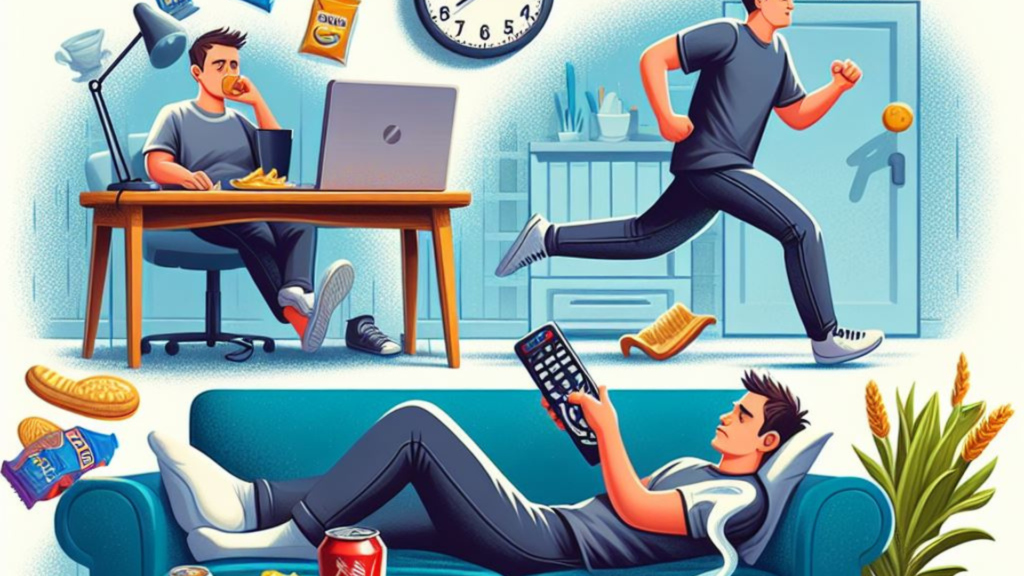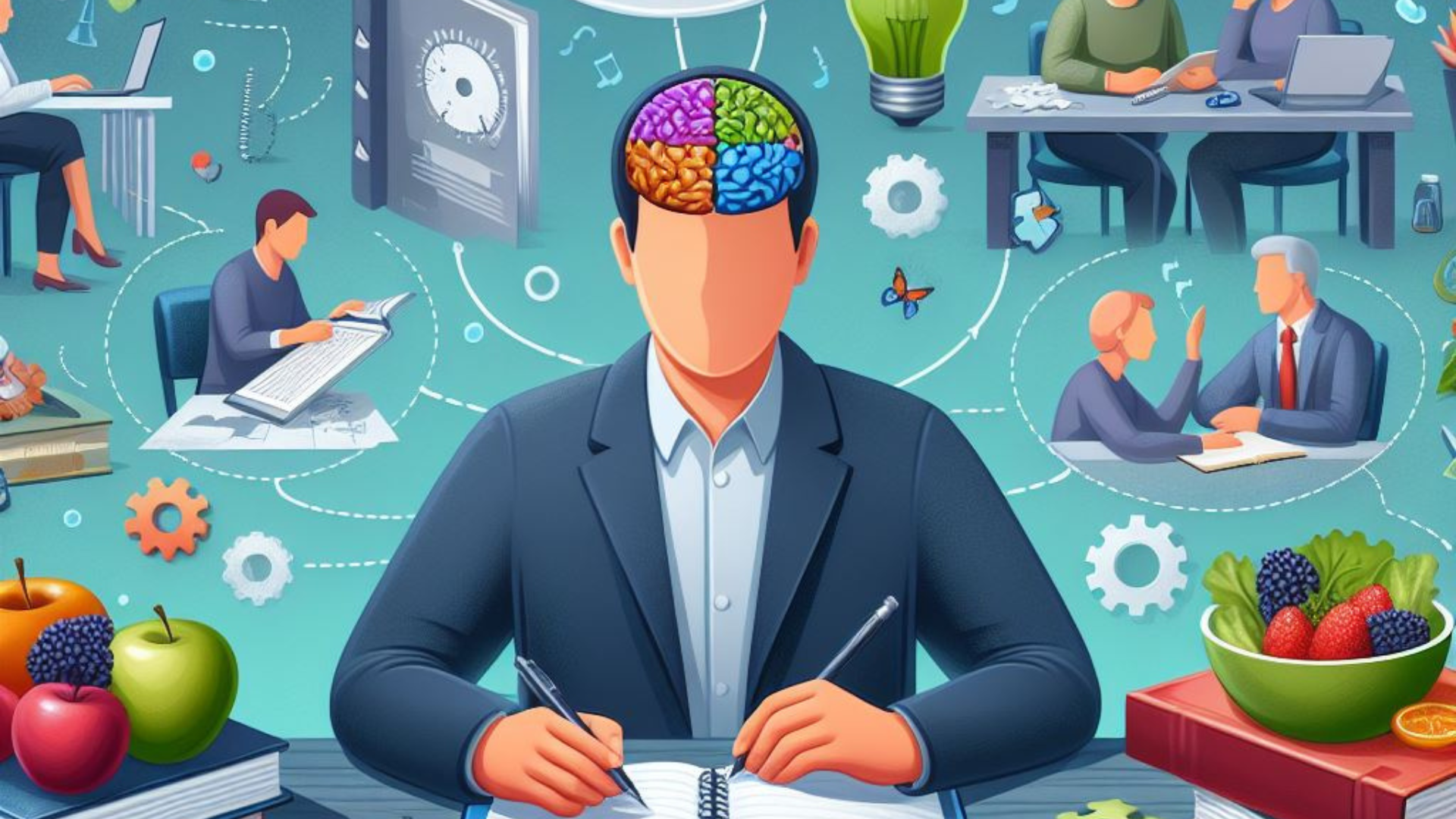how to Improve Your Photographic Memory?
The anxiety of the reminiscence decline is getting more and more common as people grow older. Nevertheless, it is crucial to note that the memory enhancement is possible through the simple yet effective actions that are included into the daily life. This article discusses seven main tactics to beautify your photographic memory, no matter of age.
There are many ways to improve your photographic memory. Practice visualization techniques. This means that you create clear mental images of the things you want to remember. You can achieve this by visualizing a scene with all of the data that you want to remember. As for instance, when you wish to recall a list of groceries, picture yourself walking to the market and seeing all of the items on your list.
Understanding Photographic Memory
The ability to recall a lot of information for a long time without much effort, also known as eidetic memory or photographic memory, which is the memory of the phenomenon of memory. It enables you to recall and remember the images or texts with perfection. Although, it is not a medical diagnosis, a lot of people believe they have photographic memory.
Defining Photographic Memory:
Photographic memory or eidetic memory enables people to remember large amounts of data with exceptional accuracy over long periods without the need of constant effort. On the other hand, even though they are not recognized medically any longer, they still think that it is real with someone else’s life.
Enhancing Photographic Memory:
Even without a herbal preference for photographic rememory, several techniques can greatly change long-term rememory. Let’s discover a few practical strategies:Let’s discover a few practical strategies:
Visualization Techniques:
The process of visualizing the desired images, thus, aids in the retention of the facts in the mind by means of mental images. To be specific, for instance, when memorizing a listing, you should visualize every object in a big picture.
Utilize Mnemonic Devices: Mnemonics that are side by side with rhymes or acronyms break the connection between the old and the new knowledge, thus, helping to remember. For instance, “My Very Exciting Mother Just Served Us Nine Pizzas” creates a place to remember the order of the planets.
Utilize Mnemonic Devices:
Mnemonics, at the side of rhymes or acronyms, join new records to modern-day knowledge, facilitating retention. For example, “My Very Exciting Mother Just Served Us Nine Pizzas” lets in maintain in thoughts the order of planets.
Engage in Memory Games:
Memory games demanding situations where the mind needs to do not forget photographs and institutions quite fast, thus, enhancing the memory retention skills.
Repetition Reinforces Memory: The approach of repetition, which is a renowned and widely used technique, aids in the enhancement of the memory by the process of making the neurons stronger. The teacher should stress the issues which he/she has already explained or the student should just think it over again in order to understand the problem.
Seven Daily Habits to Boost Memory
Improve Memory: The 7 small daily habits are the ones that can be formed in your life and these habits will improve your life.
- Prioritize Quality Sleep: Speaking of sleep, that is seventy or eight hours nightly, which is the main factor in memory consolidation, and thus the brain works at its best.
- Maintain a Balanced Diet: A balanced diet filled with fruits, vegetables and whole grains boosts the mental fitness and cognitive characteristics which in turn, improves the mental recall.
- Regular Exercise: The activity will be the physical one and the blood will be flowing to the brain and thus the cognitive skills will be increased. The physical activity that is more or less moderate is a very important factor of the cognitive benefits.
- Stimulate the Mind: Mentally hard sports like puzzles or analyzing new capabilities reduce the cognitive decline, thus, people are able to remember things better.
- Foster Social Connections: Social interplay fosters cognitive fitness, lowering the threat of reminiscence decline. Prioritize spending time with pals, circle of relatives, or undertaking community sports activities.
- Manage Stress Effectively: High pressure degrees impair reminiscence formation and don’t forget. Adopt stress control strategies like rest sporting events to beautify cognitive function.
- Maintain a Journal: Recording each day events in a magazine complements memory of those activities, serving as a reflective device and strain-reliever.
What to Avoid

Neglecting Exercise
- The life of inactivity has the role of the cognitive decline. The regular physical hobby is helpful to the mind because it also strengthens the memory feature.
Skipping Breakfast
- Breakfast is the first meal of the day and it provides the essential vitamins for the brain, which then acts as a forerunner of the metabolic rate, this in turn will be beneficial to the gold jazz in thinking which in its turn will help with the memory and concentration.
Excessive Caffeine Consumption
- Even though caffeine is a stimulant that can make people feel alert, caffeine abuse can be a cause of attention and memory loss.
Multitasking
- Concentrating on one project at a time boosts the ability of the memory to recall. The simultaneous performance of several tasks leads to the fact overload, which prevents a thorough processing of thoughts.
Benefits of Photographic Memory
A good photographic memory can be an advantage in various areas such as educational and expert achievement as well as in the creativity and problem-fixing skills. It creates a lot of improvement of a variety of the aspects of the lifestyles by providing us with the right information in a short way.
Conclusion
Embracing Memory Enhancement
The improvement of the photographic memory is a smart purchase on the brain health and personal happiness. A person can sharpen his/her memory by making use of his/her strength of mind and practicing, thus, the records retention and cognitive ability will be improved from the primary one to the advanced one. The first of these strategies to begin using now are the methods that lead to the improvement of the total memory.
FAQs
Can absolutely everyone develop photographic memory?
- While a few individuals might also obviously own photographic reminiscence, most can improve reminiscence bear in mind via exercising and effective techniques.
How prolonged does it take to look enhancements in memory with those techniques?
- Results variety, however ordinary exercise can result in most important improvements in memory bear in mind over time.
Are there any age policies for enhancing reminiscence?
- No, reminiscence improvement techniques can advantage people of all ages.
Can photographic reminiscence be a downside?
- While uncommon, overly vibrant memory endure in thoughts can once in a while crush human beings. However, in maximum instances, it’s far a treasured asset.
Are there schooling or applications to assist enhance reminiscence?
- Yes, numerous belongings, which consist of books and on-line courses, provide techniques and physical activities to decorate memory recollect.



